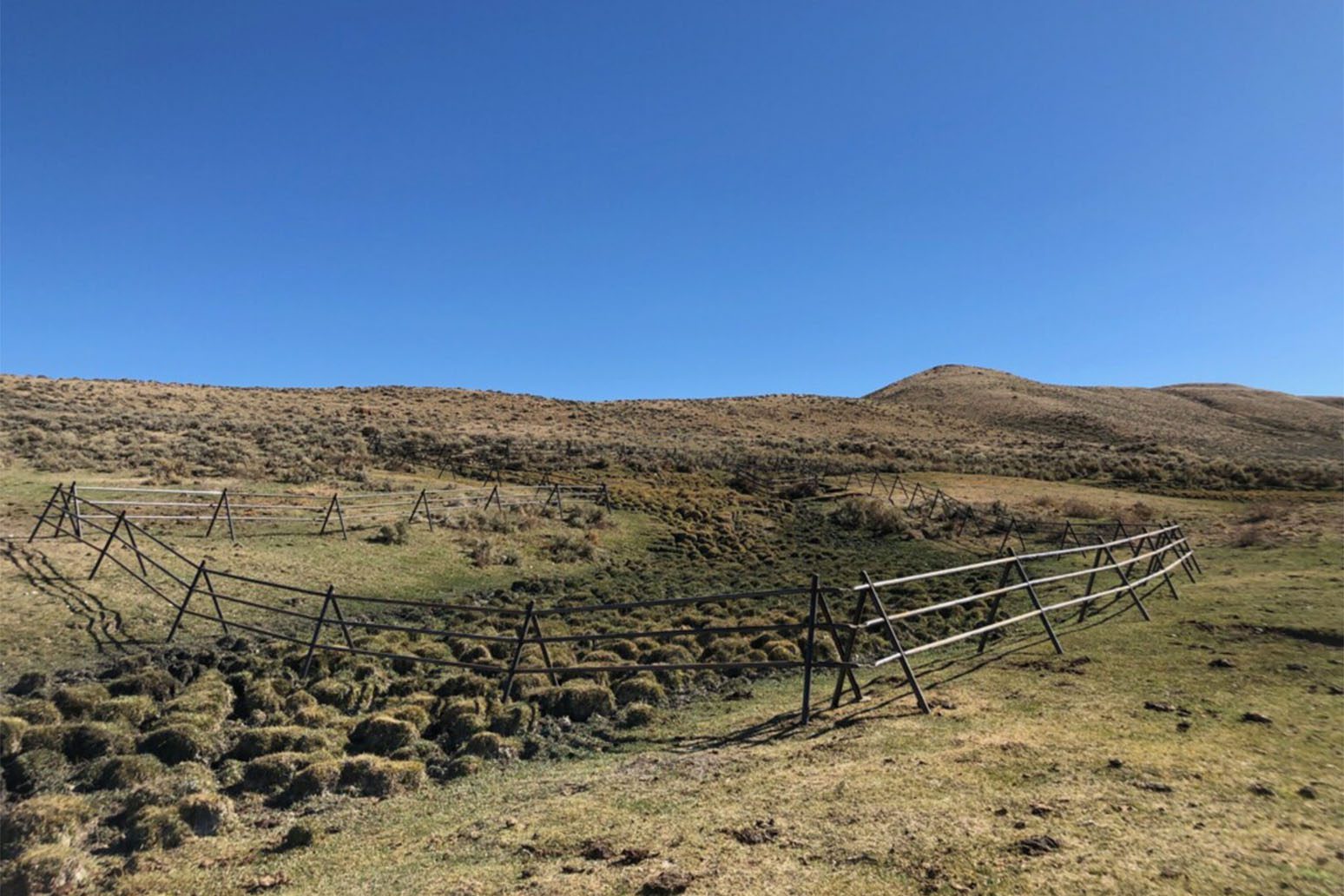Growing up in Idaho, we spent quite of bit of time in the mountains. One of the most important things you can learn for survival and comfort in the mountains is how to build and maintain a fire. Fire is like a success story – there are ways to do it right and ways to do it wrong. I learned a lot about business and life from building a fire.
Shortcuts don’t teach you how to survive.
When building a fire we often used what we called “Boy scout fire starter” (no offense to the boy scouts, I was one). This was made using a little charcoal, lighter fluid, and a match. A quick and easy way to build a fire, no work at all. Isn’t technology great! We had matches, lighters, even tools that were just short of flame throwers. The problem with cheating or using the short cut is that you never really learn how to build a fire. There are many ways to build a fire or make an ember, bow and drill, notch and rod, the list goes on. These methods take practice and knowledge to make them work. If you have ever tried to scrape one stick on another stick to create an ember you have no idea how much work it is. If you get caught on the side of the mountain without your shortcuts you will not survive. Rudimentary skills are what get you through the toughest times. Not learning how to do things, but instead relying on the shortcuts may result in no fire.

Be careful where you apply your effort!
Many folks have found themselves lost in the mountains. They find a big tree to get out of the snowstorm and commence to building a fire. After hours of rubbing sticks together, finally there’s smoke and then fire. As they are building the fire and finally feeling the warmth, the rising heat melts the snow on the limbs of the tree and suddenly they find themselves staring at a steaming pile of snow and a dead fire. Be careful to apply all your effort where you will get the best results without disaster. Learn all the skills of fire making, who, what, where and how. Talk to experienced folks that have been where you are going and get a handful of knowledge. Thinking you know it all, and lack of education will put out your fire.
The best fires are built over time.
Good fires that will withstand wind, rain, and storm are those that have a good bed of coals. Those coals burning under the flames provide the base of the fire. When you first build a fire it is delicate – a puff of wind or a light drizzle of rain will put your fire out. To have a fire you can rely on and that will hold up takes time. As you add wood to the fire, your bed of coals builds. It takes a long time to build a good fire with a sold bed of coals. When you get a great bed of coals you can even put wet wood on it and keep it going. So, nothing solid is built quickly. It is built over time. You need to understand that success is achieved over time, and good solid success takes a lot of input; with that, you can survive even less than ideal situations.
To survive over time takes work all the time.
Fires are like a business, you cannot build one and then just quit managing it. If you build a good fire with a nice bed of coals and then you quit tending the fire, gathering wood and feeding the fire it will simply, and slowly, will go out. Fires are like life, there is no point at which you made it. You don’t hit a point where you can coast and there is no work to be done because “you’ve done your part”. Try that with a nice fire and you will wake up cold and shivering or, let’s say, broke. Once that happens you have to start over! So the message is: It is easier to continue to feed your fire than it is to start over building it.
The warmth of your fire will not be understood by your guests.
As you are sitting around the fire and your guests pull up a chair to feel its warmth, they will have no concept of the work behind it. You have spent hours getting started building your bed of coals. You have gathered wood for days to keep it fed. You have a strong bed of coals to keep it going even under less than ideal conditions. Unless they too understand what it takes to build a fire, they will have no concept of what it took, therefore they will not hold it with the same degree of value as you. They simply think it has always been like this. They will not understand your frustration if you go out for the day and come back to all the wood burned, the fire smoldering, and them complaining they are cold. They will not understand why they won’t be welcomed to the fire next time. So, don’t leave people in charge of your fire or your business that don’t understand it.
Pass on your skills.
You cannot expect others to tend your fire if they don’t understand what it takes to build one. If you want to ever be able to get away from the fire, you have to teach others how to tend your fire and the value of it. Passing on the art of fire (business) is something we often forget to do. We just get to the campsite, build the fire, and all the peeps join us at the fire. Pass on the skills – all of them. Teach them the hard way to build a fire, don’t let them start by learning the shortcut. Teach the shortcuts later. Teach, train, discuss and convey all the skills. The gathering of wood, building a proper fire bundle, how to keep a good bed of coals. Teach all the elements, not just how to get it started; the value of dry lumber, the amount of work to keep it going, the late nights, the early mornings, where to build the fire. Continue to correct and groom them over time. You cannot just show them once and walk away. Their chance of survival increases 10-fold with practiced skills.
More lessons from a mountain man to come.


